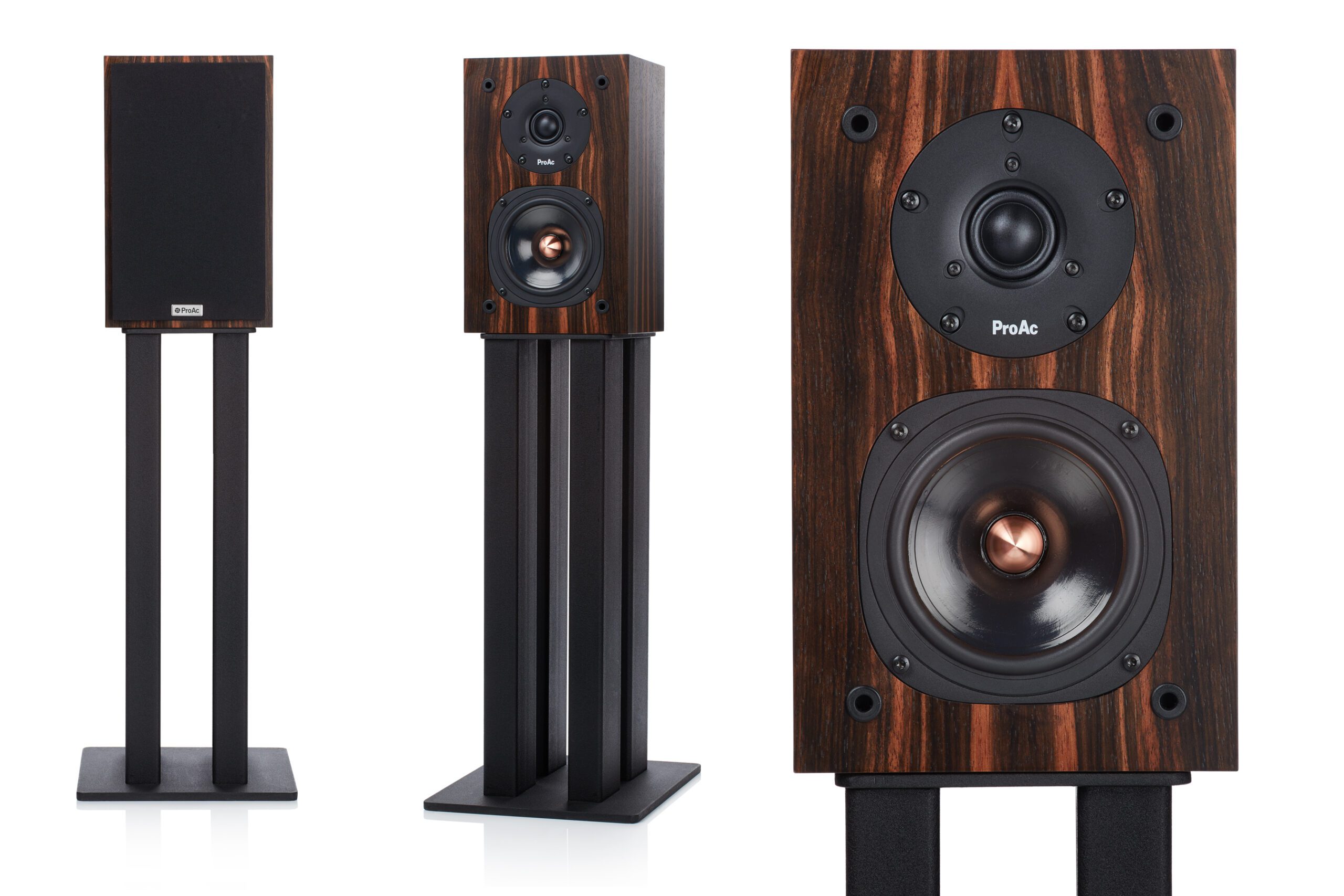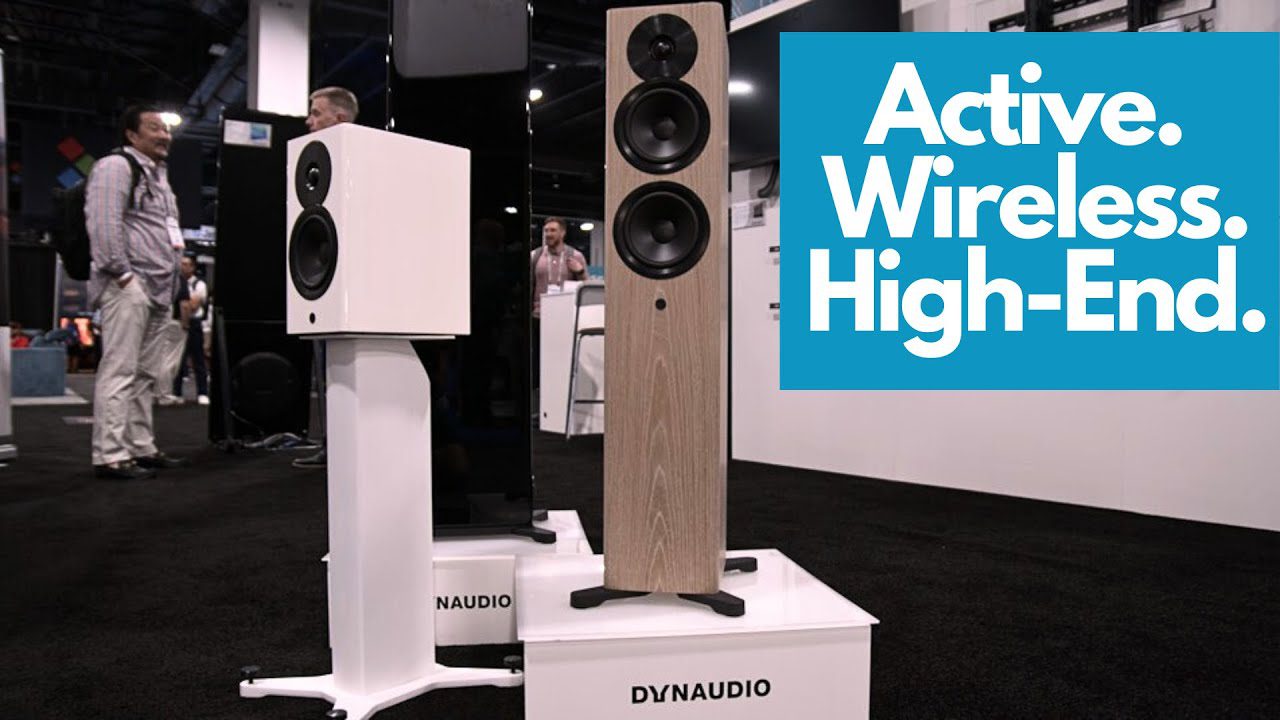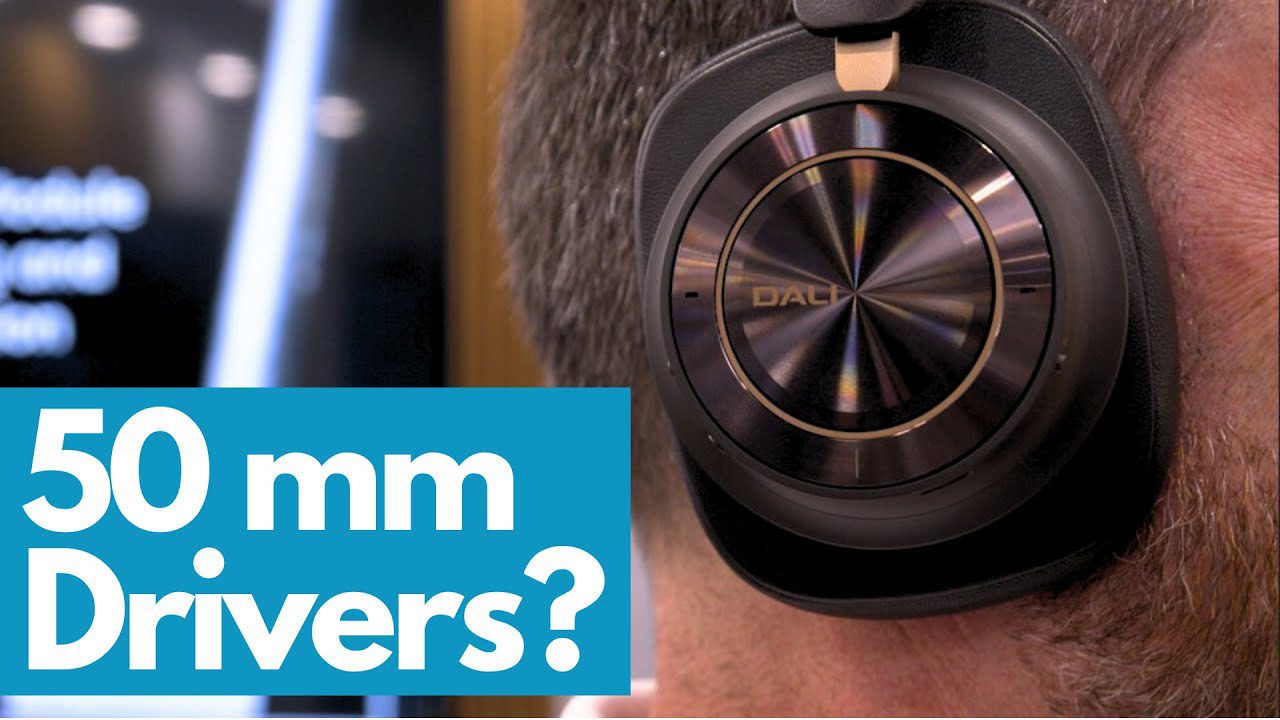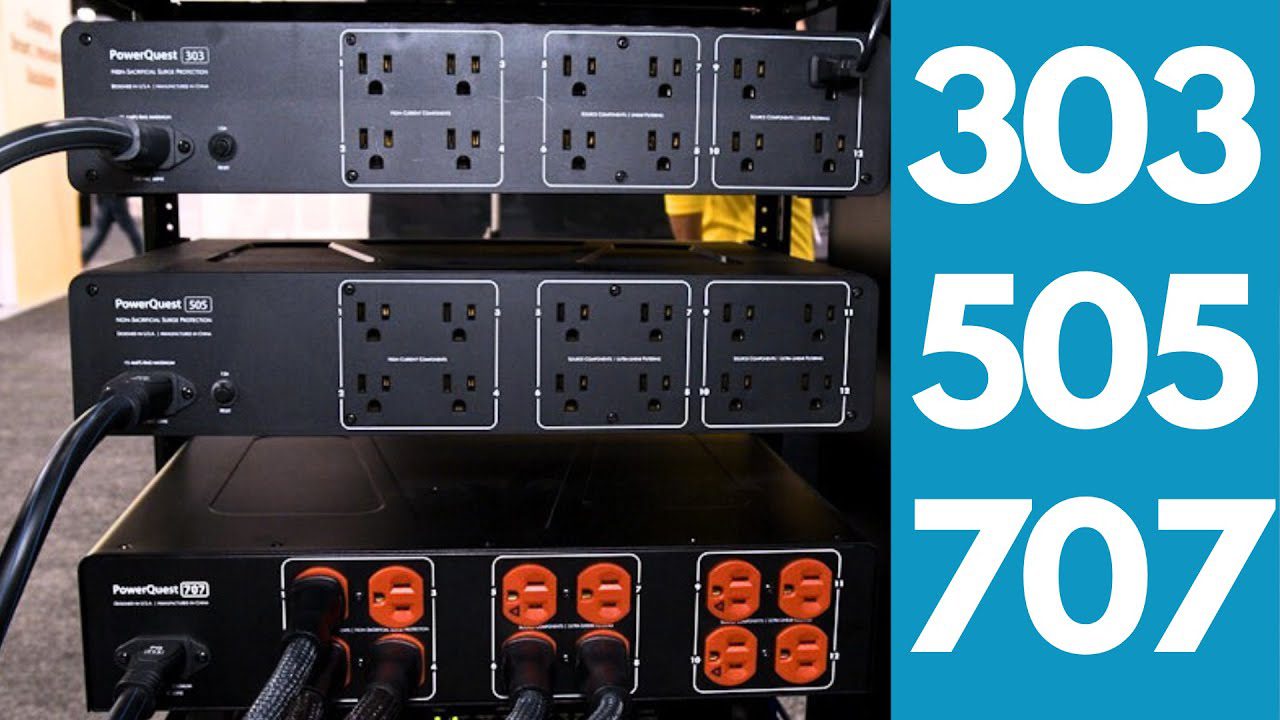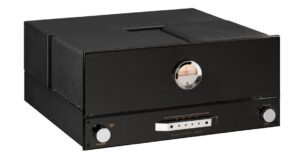
Andrew Rothwell has been quietly beavering away in the business for decades, but he has maintained a low profile in keeping with many of the smaller British brands. I call it ‘stealth marketing’ and frankly it’s a wonder how such companies keep afloat; they must be doing something right if they can stay in business without making very much apparent effort on the selling front. Rothwell makes a range of products for guitar players and another for us, the audio cognoscenti, and the latter catalogue is largely filled with components for amplifying the output of record players. This consists of step-up transformers, a head amp (a powered step-up without transformer), and phono stages. He also makes in-line attenuators that have been a boon to enthusiasts the world over; they soak up power in situations where the incoming signal strength is so high that it limits the range of usable volume control, such as DACs with high voltage outputs overloading preamp inputs. Rothwell also makes a valve preamplifier called Auriga, and the Iridium valve phono stage, but the Signature One is his top model and does not feature a single vacuum state thermionic device.
Yet the Signature One is not entirely conventional because it uses step-up transformers to bring the typically low powered output of a moving coil cartridge up to the point where it can be equalised and amplified to a typical line level voltage. This is an approach that’s popular with valve phono stages because the voltage levels are so low that noise becomes an issue: notionally, that’s less of a problem with transistors. Rothwell does not agree and states that: “Transistors cannot get as close as transformer coupling can, and op-amps are even less able to do so”. He is of the opinion that despite decades of development, transformers still outperform transistors in terms of noise performance. This opinion would undoubtedly provoke heated discussion at the annual conference of phono stage engineers, but as a long term user of a transformer volume control, I can see that he might well be right: something that uses mains power can never be as quiet as something that doesn’t! However the Signature One is not a passive phono stage – it’s an active MM stage with transformers to increase the incoming voltage. The overall noise performance of the amplifier is dependent on the quality of the active stage, but eliminating the need to amplify the sub-millivolt output of a moving coil with transistors must make things easier.
Rothwell uses Lundahl transformers that have a cobalt core and a balance of windings designed to provide provide the lowest noise, widest bandwidth, and lowest high-frequency ringing. The active section of the Signature One uses discrete transistors in a Class A circuit that eschews negative feedback. RIAA equalisation is passive and achieved with multiple polypropylene capacitors selected for sound quality and the output stage consists of a buffer with a low output impedance so that pretty well any interconnect cable can be driven.
Unlike many phono stages, the power supply is housed within the case and consists of a toroidal transformer, oversize reservoir caps with two stages of filtering and a low noise regulator. The case itself is down to earth with only a power switch on the front. The rear panel offers good quality RCA in- and output sockets, switches to add an extra 6dB of gain, and an earth lift switch that came in handy in both the systems I tried it in. In fact only one of the three partnering amplifiers I used did not require its application. Overall fit and finish could be far more substantial given the price, but this is one of those products where the money has been spent on the inside rather than on the box, which is as it should be if musical enlightenment is what you are after.
My living room system, where I tend to review music, features the extraordinary Rega RP10 and Apheta MC, the Signature One proved highly responsive to reverb, pulling it out of every nook and cranny of the signal. This was evident on the Police’s ‘Spirits in the Material World’ [Ghost in the Machine, A&M] and Emily Barker’s Despite the Snow [Everyone Sang], but less so on Beefheart’s Trout Mask Replica [Reprise], which is a cruder recording but makes up for it with some profoundly funky compositions. Switching from that to Van Morrison’s Astral Weeks [Warner] made for a huge contrast; I was immediately hit by the soul of the singer that takes centre stage ahead of the poetry in the lyrics and the inspiration behind the arrangements. The Rothwell was very strong on the percussiveness of the Police track, propelled as it is by Stewart Copeland’s metronomic precision and power. It’s a pity about the move from guitar to synth on this track; the compression is highly evident too as is a slight tendency to brightness, but it was enough to have me seeking out other great drum tracks. I ended up with Steely Dan’s Can’t Buy a Thrill [ABC], an early sign of Becker and Fagen’s genius, and savoured ‘Do It Again’ with its percussion and precision groove and, frankly, weird guitar tone on the break, followed by some beautiful organ playing from Fagen. The Signature One reveals all of the instrument’s timbre alongside the sensitivity of the player. I got the impression that it was a bit on the lean side for this source, hence the emphasis on leading edges and reverb, but further listening made it clear that it was just exposing the nature of the recordings and the Rega’s ability to dig out all the details in such a coherent manner.

In the work system, the one used to analyse as well as enjoy, the Rothwell had the job of amplifying the output of a Transfiguration Proteus on another Rega, the RP8. Here it proved trickier to get to the nub of what the Signature One does because, as I discovered eventually, it has so little character of its own. It can seem dull, lacking in pace, and lacking in low end power. However, when you give it a signal that has any of those qualities… out they come. It makes most of the alternative stages I had to hand, some of which are rather more pricey, sound as if they had strong character traits which were being overlaid on the music. Some sounded unduly pacey, while others appeared a bit fat in the bass; the Rothwell quietly, and that’s the operative word, gets on with the business of amplifying and equalising without tainting the result. This is more obvious with better recordings and highlighted by the slower pieces on those discs, Chasing the Dragon’s fabulous direct cut of the Four Seasons (Vivaldi not Frankie Valli) being a good example. The allegro in ‘Autumn’ revealed the tonal nature of the original instruments and the brilliance of the musicians; the adagio brought out more shades of tone colour and exposed the genius of the composition.
That quiet piece inspired me to play another, ‘Valiant’ from Wesseltoft Schwarz Berglund’s Trialogue [Sunday Music]. This piece unfolded in such effortless and beautiful fashion that I couldn’t help but smile. The Signature One is so natural that it’s hard to stop playing vinyl and knuckle down to the impending deadline, but as you can imagine the editor brooks no tardiness. I did, however, manage to squeeze in some Patricia Barber, specifically ‘Company’ from Modern Cool [Premonition]. This proved just how adept the Rothwell is when the going gets lively. The pace of the piece is immediate and intoxicating and the drum solo is phenomenal. This stage lets you know just how powerfully the skins are being hit, exaclty when each strike attacks, and how it decays. It’s a fine example of the dynamics and power of the instrument in the hands of a seriously good musician. But a track later, the same guy is playing quietly behind Barber on ‘Silent Partner’, a piece in which the Rothwell reveals nuances and accents that most phono stages fail to clarify because they just don’t have the transparency.

It took a while to fully appreciate the Signature One and I suspect that it has more to give. I’m certainly going to carry on listening because something that gets you so close to the music is a joy to use. All Rothwell needs to do now is put it in a fancy box, triple the price, and spend the margin on marketing… and he’ll have the world beating a path to his door. But somehow I don’t think that will happen; instead he will quietly continue to make this remarkable phono stage, so that those of us in the know can get closer to our music without undue expense.
TECHNICAL SPECIFICATIONS
- Type: Solid-state MC phono stage with onboard step-up transformers
- Phono inputs: One pair single-ended (via RCA jacks)
- Analogue outputs: One pair single-ended (via RCA jacks)
- Input Sensitivity: 0.2mV or 0.4mV
- Input impedance: 117 Ohm or 47kOhm
- Output impedance: 75 Ohms
- Signal to Noise Ratio: >87dB
- Dimensions (H×W×D): 74 × 430 × 250mm
- Weight: 4kg
- Price: £2,200
Manufacturer: Rothwell Audio
Tel: +44 (0)1204 366133
Tags: FEATURED
By Jason Kennedy
More articles from this authorRead Next From Review
See all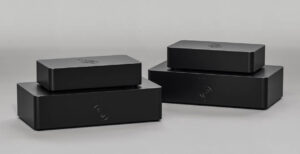
Reiki Audio SuperSwitch Master Pro + Servant Pro
- Mar 27, 2024
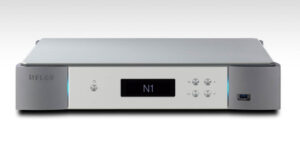
Melco Audio N1-S38 music server
- Mar 27, 2024
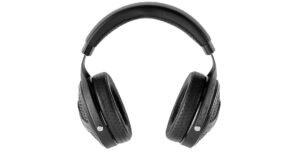
Focal Utopia 2022 headphones
- Mar 27, 2024

